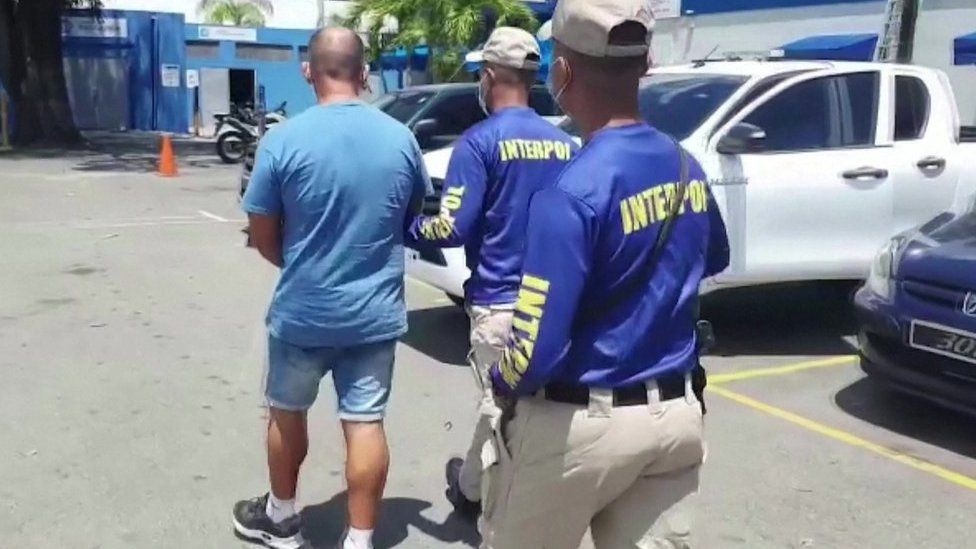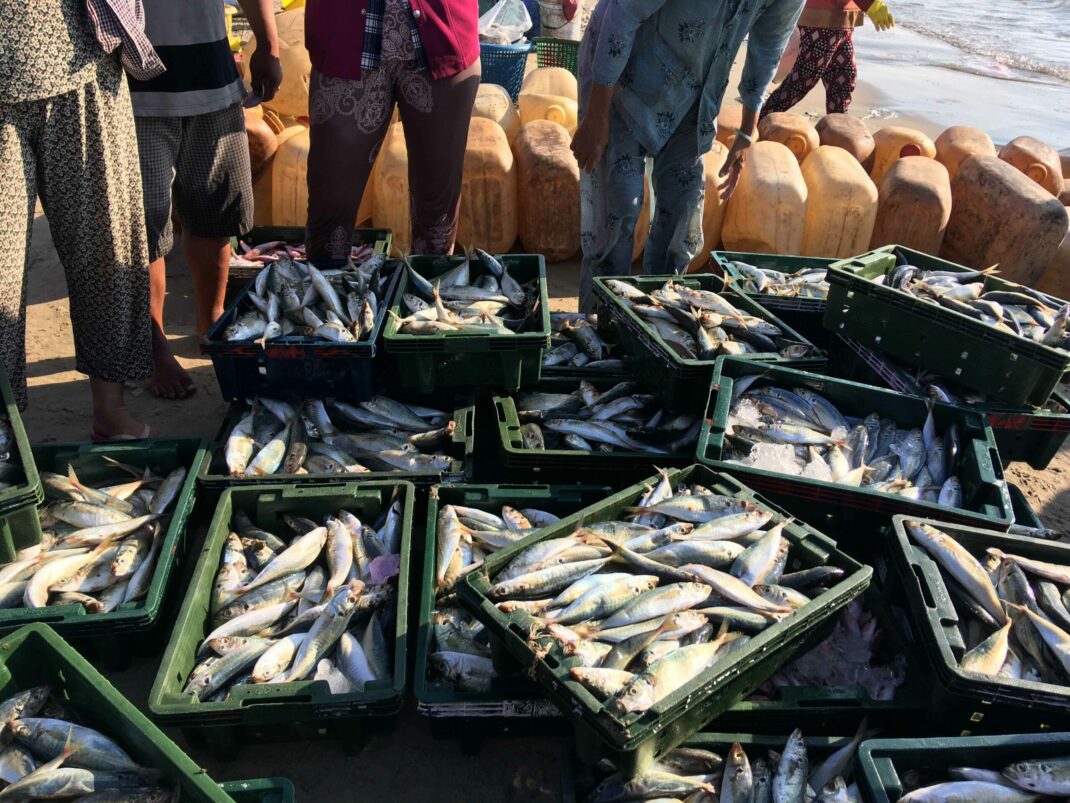The European Union (EU) has deployed €740,000 (EC$2.4 million) emergency aid to the island of Saint Vincent and the Grenadines; to support those affected by the La Soufrière volcano eruption.
On the 9th of April, the volcano’s pyroclastic explosive eruption caused the government to evacuate the largest exposed areas of the island.
The volcanic flows approximately 10km and falling debris has immersed villages; creating damage to the country’s electric grid and played havoc with water supplies.
As attested by the local government between 16 to 20 thousand people have been evacuated so far. Most importantly, at least 4,000 people live in temporary shelters.
The ongoing activity of the volcano has affected the majority of the population of Saint Vincent and the Grenadines. This is on top of the covid pandemic, and a recent dengue outbreak in the country.
Malgorzata Wasilewska, Head of the EU Delegation in Barbados, confirmed that their thoughts are with the people who have been affected by the eruption and left without electricity and running water. The announcement of this emergency aid is to overcome the disaster and get the country back on track. She also confirmed that the EU was fully supporting this humanitarian effort to help those in need in a time of crisis.
The EU humanitarian aid department will manage the the emergency aid package with local humanitarian partners dealing with the process.
The WHO will organize and prioritize their engagements. They hope to provide immediate access to water and sanitation, healthcare, and the distributions of non-food items. In addition, they have confirmed that they will do everything they can to protect the most vulnerable.
€190,000 will be transmitted to the International Federation of Red Cross and Red Crescent Societies (IFRC) via their Disaster Relief Emergency Funds. The Red Cross in Saint Vincent and the Grenadine is underpinning the support of the national authorities by managing the allocation of temporary shelters hygiene kits, covid PPE, and basic healthcare.
In addition, the remaining €550,000 remaining in the fund will be allocated to humanitarian partners who are already active to enhance their emergency response.
On the 14th of April France delivered 40 tonnes of first aid items to the island via the EU Civil Protection Mechanism. Items received included covid PPE, hygiene kits, and drinking water.
Additionally, the EU’s Copernicus satellite service is providing area maps. Their 24/7 Emergency Response Coordination Centre is keeping close communications with local authorities observing the situation to channel further assistance.
The current state of emergency has stretched to nearby Barbados island, where airports remain closed. The islands of Dominica, Grenada and St.Lucia are all affected by the volcano´s ashfall. However they are still accepting a limited number of evacuees.


